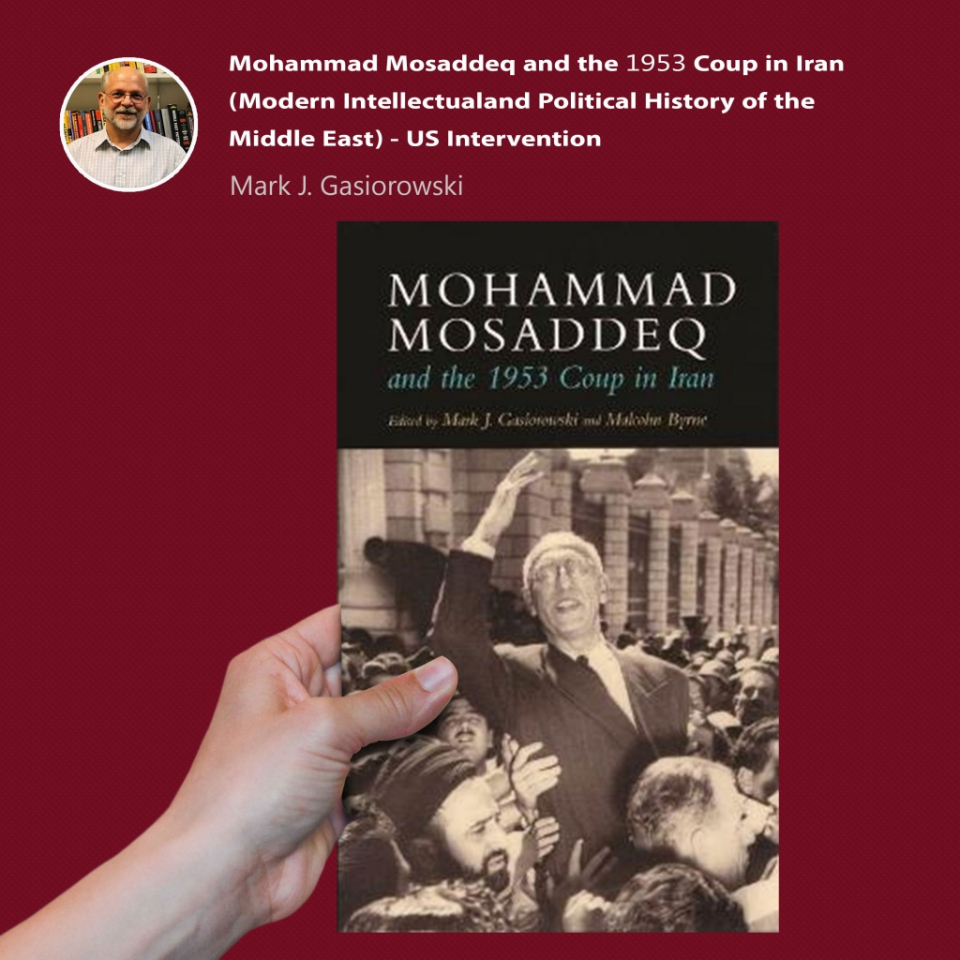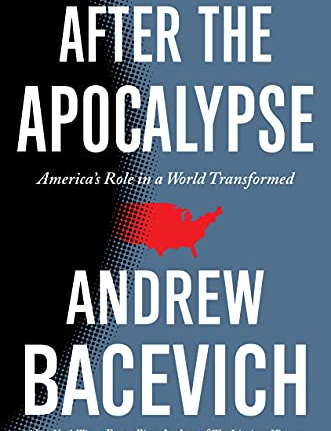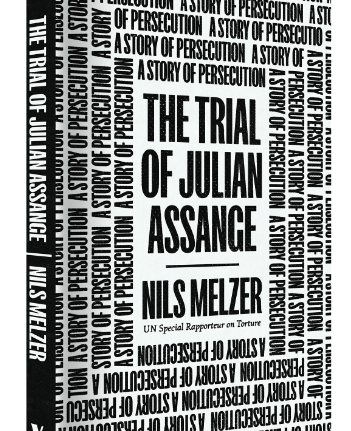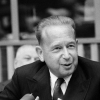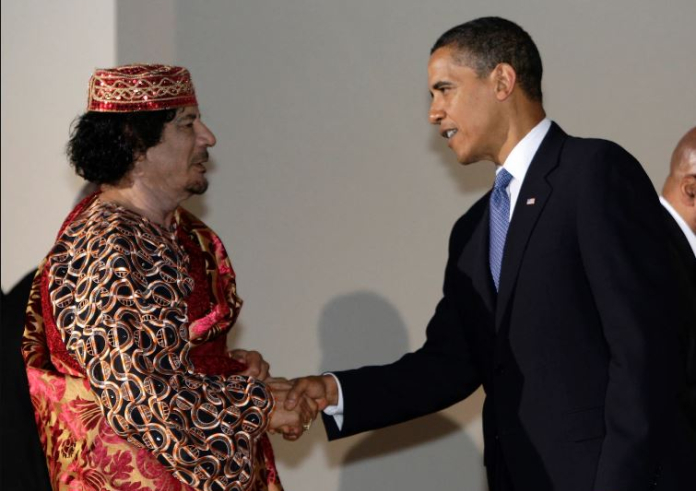
By Mark J. Gasiorowski , Amazon link
Mark J. Gasiorowski (born October 9, 1954) is a political scientist at Tulane University in New Orleans in the field of Middle East politics, Third World politics, and U.S. foreign policy. He has served frequently as a consultant to the United States Department of State. In 2003, he testified before the 9-11 Commission (aka the National Commission on Terrorist Attacks Upon the United States). Journalist and academic Stephen Kinzer has called him "the most persistent" of "a small but dedicated group of scholars [who] have devoted considerable effort to uncovering the truth about events surrounding the 1953 coup" in Iran, an event so important (Kinzer believes) it "defined all of subsequent Iranian history and reshaped the world in ways that only now becoming clear."
Mohammad Mosaddeq is widely regarded as the leading champion of secular democracy and resistance to foreign domination in Iran's modern history. Mosaddeq became prime minister of Iran in May 1951 and promptly nationalized its British-controlled oil industry, initiating a bitter confrontation between Iraq and Britain that increasingly undermined Mossaddeq's position. He was finally overthrown in August 1953 in a coup d'etat that was organized and led by the United States Central Intelligence Agency. This coup initiated a twenty-five-year period of dictatorship in Iran, leaving many Iranians resentful of the U.S. legacies that still haunt relations between the two countries today.
In a major address on U.S.-Iran relations in March 2000, timed to coincide with the traditional Persian New Year (1378/1379), U.S. secretary of state Madeleine Albright made the following statement:“In 1953, the United States played a significant role in orchestrating the overthrow of Iran’s popular prime minister, Mohammad Mosaddeq.… The Eisenhower administration believed its actions were justified for strategic reasons, but the coup was clearly a setback for Iran’s political development. And it is easy to see now why many Iranians continue to resent this intervention by America in their internal affairs.”
On June 26, 1950, the day after North Korean forces attacked South Korea and opened a bleak new chapter in the cold war, President Harry S. Truman told an aide that in spite of the heightened communist threat to the Far East, he was actually more disturbed about the Middle East. Studying a globe, Truman put his finger on Iran and said:“Here is where they will start trouble if we aren’t careful.… [I]f we stand up to them like we did in Greece three years ago, they won’t take any next steps.
Contents include: "Mosaddeq's Government in Iranian History: Arbitrary Rule, Democracy, and the 1953 Coup" - Homa Katouzian; "Unseating Mosaddeq: The Configuration and Role of Domestic Forces" - Fakhreddin Azimi; "The 1953 Coup in Iran and the Legacy of the Tudeh" - Maziar Behrooz; "Great Britain and the Intervention in Iran, 1953" - Wm. Roger Louis; "The International Boycott of Iranian Oil and the Anti-Mossaddeq Coup of 1953" - Mary Ann Heiss; "The Road to Intervention: Factors Influencing U.S. Policy Toward Iran, 1945-1953" - Malcolm Byrne; "The 1953 Coup d'etat Against Mosaddeq" - Mark J. Gasiorowski.
Published: 2017

